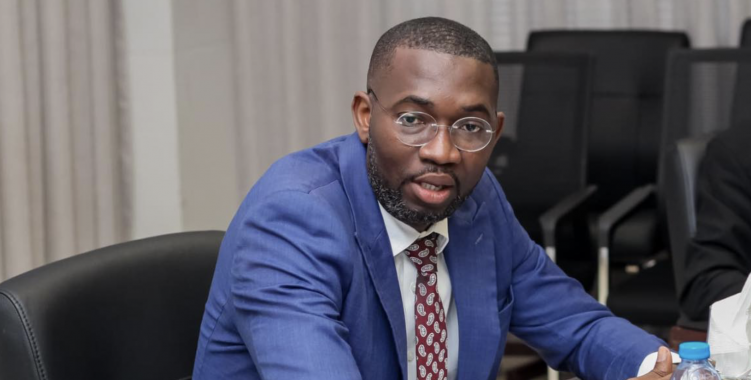According to the expert, economic relations between Angola and South Africa are stable in the current context, despite the low level of South African investment in Angola, which is more linked to the trade and diamond sectors.
"But I still think that these two states, because they are geographically in the same southern region, could explore geographical proximity to explore other areas of cooperation", Osvaldo Mboco told Lusa this Wednesday.
Speaking on the eve of the working visit that the President of South Africa, Ciryl Ramaphosa, will make to Luanda on Thursday, to address, in particular, bilateral cooperation, Mboco argued that Angola could further explore the industrial potential of the South African nation.
South Africa "is the most industrialized country in Southern Africa, and has one of the largest GDPs [Gross Domestic Product] in Sub-Saharan Africa, which means that the Angolan state can exploit these South African strengths to a greater extent and contribute significantly to the country's industrialization process," he stressed.
Osvaldo Mboco also considered that the Angolan state's economic diplomacy strategy is essentially focused on attracting investors to the country and that the President, João Lourenço, "is already paying more attention to the African continent".
"I think it makes perfect sense to pay this attention, regardless of the fact that the business, commercial and economic structure of African industries is not on the same scale as that of Europe, Asia and North America, but a number of factors can be mitigated," he argued.
Mboco argued that African industry can boost trade in the region, shorten the import period for certain products and make the most of several protocols and trade agreements that exist within the Southern African Development Community (SADC) and the African Union.
It also allows Angola to have a joint venture between Angolan businesspeople and businesspeople from other African countries, such as South Africa, "because the economic structure of African countries is practically similar," he pointed out.
"Clearly, there are few Angolans investing in South Africa today and [these] investments are also not significant, and here it was essential for the Angolan State to identify certain markets in Africa in order to open lines of financing for Angolan businesspeople who want to internationalize their products and services to African countries," the analyst indicated.
The historical ties between Angola and South Africa, established during the liberation struggles against colonialism and apartheid, were also highlighted by Osvaldo Mboco.
Bilateral cooperation relations between Angola and South Africa are legally based on the General Agreement on Economic, Scientific, Technical and Cultural Cooperation, signed on 29 April 1998 in Luanda, during the visit of the then South African President, Nelson Mandela, to the country.
In order to pursue the objectives defined by the aforementioned legal instrument and to materialise the principles set out therein, several Cooperation Agreements have been signed between the two countries, including the Agreement on the creation of the Bilateral Commission, signed on 20 November 2000 in Luanda.
Ramaphosa visits Angola on Thursday, after President João Lourenço attended, in Pretoria, on June 19, the inauguration of his South African counterpart for the second consecutive term as leader of South Africa.







